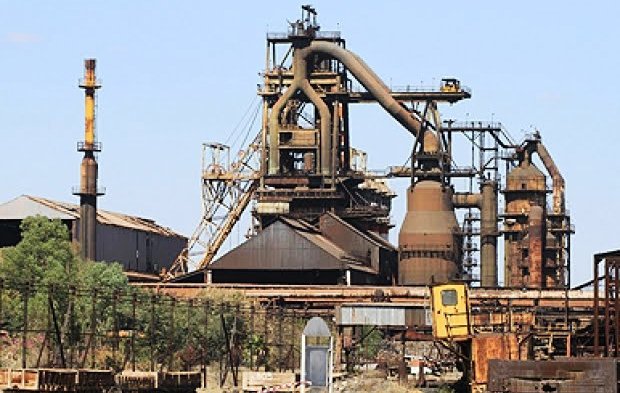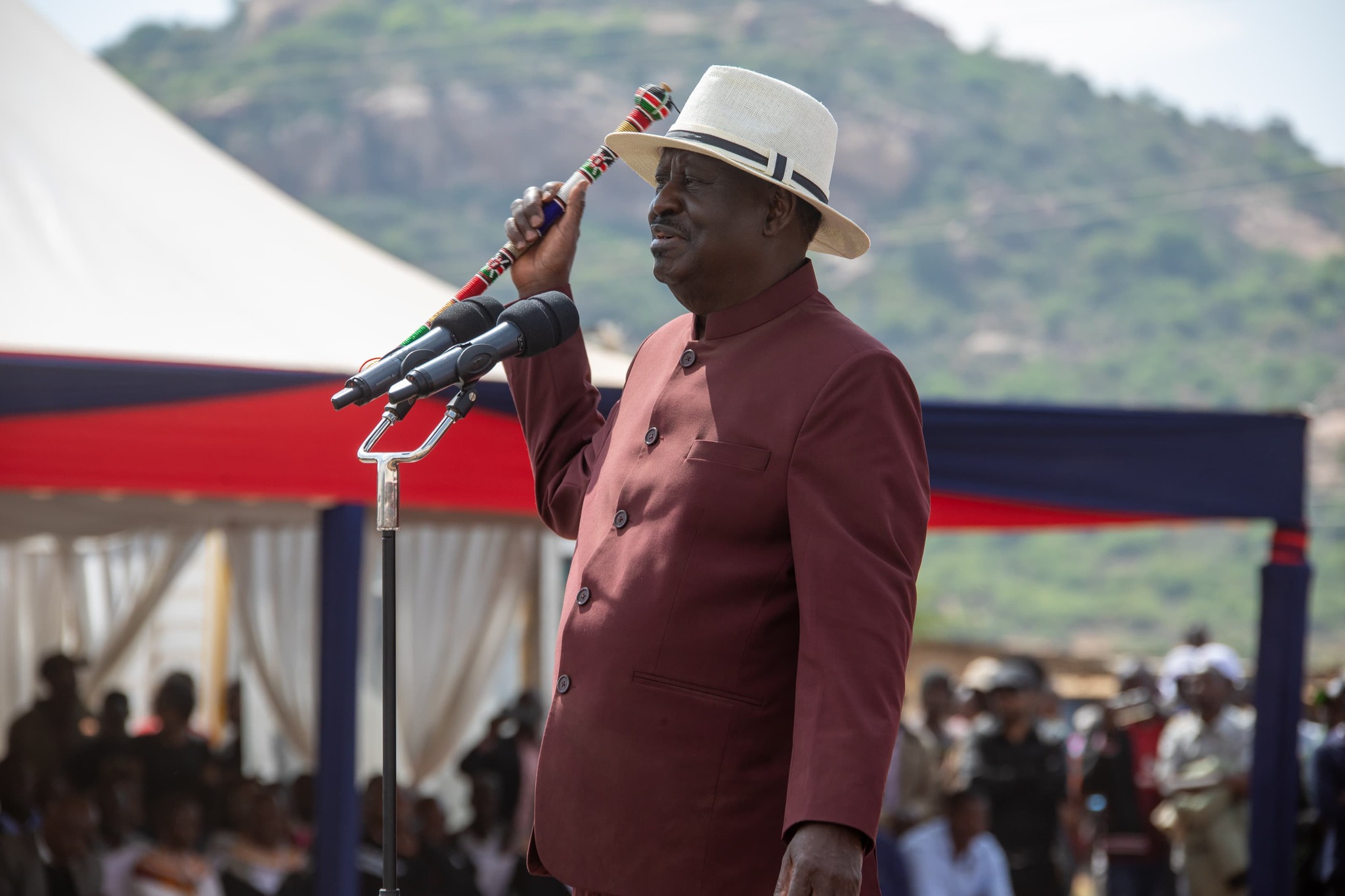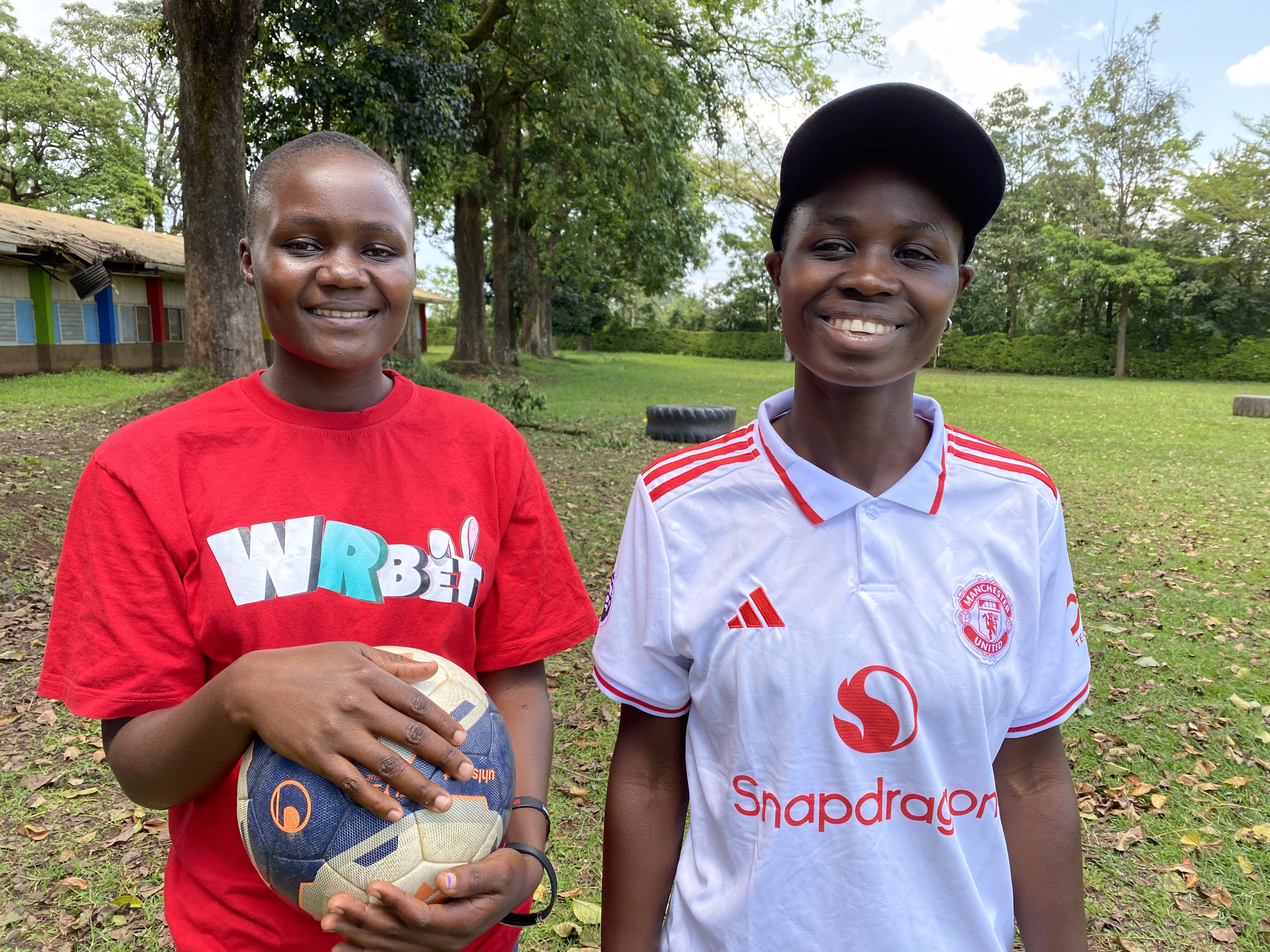
Nigerian steel plant to start production 40 years after being built
The Ajaokuta mill has cost the country more than $8 bilion, but has never produced any steel.
It is hoped that getting the facility off the ground will save Nigeria billions of dollars in steel imports. Many here are also see the steel mill as the first step to diversifying an economy and an employment base too reliant on oil and agriculture.
Nigeria depends on crude for 90 percent of its export earnings. With global oil prices significantly below their past highs of more than $100 a barrel, shortages of foreign exchange are a daily reality. And Nigeria, Africa’s largest oil producer, has little domestic capacity to refine gasoline and thus must pay to re-import its own oil. The consequent lack of foreign currency has driven up prices for everything from food to construction materials, further hobbling an economy that shrank by 1.6 percent in 2016.
The need for diversification, and the employment it could provide, is made more urgent by a surging population. With about 200 million people and growing rapidly, Nigeria is by far the most populous country in Africa. Without durable sources of employment, a nation that’s spent much of the past decade fighting insurgencies in its arid north could descend further into disorder.
Steel has long been an obvious target. And Nigeria’s government says it’s serious about transforming Ajaokuta from an embarrassment into a viable asset. Nigeria has vast deposits of iron ore, much of it in Kogi State, the same region where Ajaokuta is located. Transformed into steel, the ore could make other domestic industries, such as construction, far more viable.
The plant’s biggest booster is Kayode Fayemi, the mines and steel development minister. While Fayemi concedes, with significant understatement, that the first 30-plus years of Ajaokuta “didn’t quite work out as planned, which is the Nigerian story sometimes,” he said fixing it is now a national priority.
“Ajaokuta is central to our diversification strategy,” he said in his office in Abuja. Building up domestic steelmaking, he said, is “the least we could do for ourselves as a country and for our manufacturing sector.”
Fayemi says he’s convinced that Nigeria can no longer afford not to process its own resources. “The idea that we must be taking our iron ore out, our gold out, every raw material, for others to add value, and then send back to us to pay probably 10 times what it’s worth when we send them out is unthinkable,” he said.







